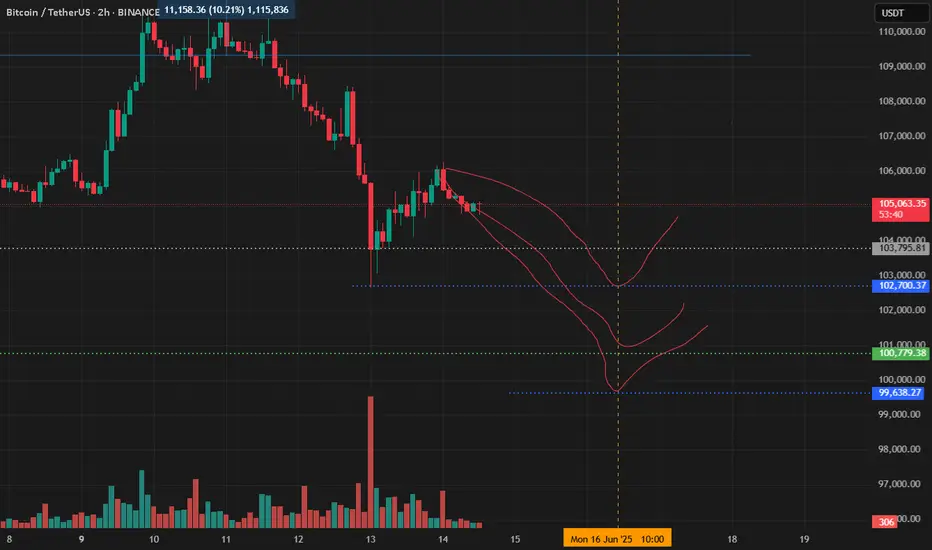Certainly! Here's a 3-paragraph explanation about the current state of the crypto world in English:
---
The cryptocurrency world in 2025 continues to evolve rapidly, with increasing adoption across financial, technological, and governmental sectors. Major cryptocurrencies like Bitcoin and Ethereum remain dominant players, but newer blockchains such as Solana, Avalanche, and Layer 2 networks like Arbitrum are gaining ground due to their scalability and lower transaction costs. Institutional interest has also grown, with several banks and investment firms offering crypto-related products, including ETFs and custody services.
Regulation has become a central theme in the crypto space. Governments around the world are creating clearer frameworks to manage digital assets, aiming to protect investors while still fostering innovation. The United States, European Union, and parts of Asia have introduced stricter guidelines around Know Your Customer (KYC), anti-money laundering (AML), and crypto taxation. While this has added compliance burdens for projects and users, it has also brought more legitimacy to the market.
Meanwhile, decentralized finance (DeFi), non-fungible tokens (NFTs), and blockchain gaming remain strong sectors, though they have matured compared to the initial hype. AI integration, tokenized real-world assets (RWAs), and cross-chain interoperability are current trends shaping the next phase of crypto innovation. Despite some market volatility, the overall sentiment in 2025 is one of cautious optimism, with developers and investors focusing on utility, security, and long-term sustainability.
---
Let me know if you'd like a version with simpler vocabulary or expanded to more paragraphs.
---
The cryptocurrency world in 2025 continues to evolve rapidly, with increasing adoption across financial, technological, and governmental sectors. Major cryptocurrencies like Bitcoin and Ethereum remain dominant players, but newer blockchains such as Solana, Avalanche, and Layer 2 networks like Arbitrum are gaining ground due to their scalability and lower transaction costs. Institutional interest has also grown, with several banks and investment firms offering crypto-related products, including ETFs and custody services.
Regulation has become a central theme in the crypto space. Governments around the world are creating clearer frameworks to manage digital assets, aiming to protect investors while still fostering innovation. The United States, European Union, and parts of Asia have introduced stricter guidelines around Know Your Customer (KYC), anti-money laundering (AML), and crypto taxation. While this has added compliance burdens for projects and users, it has also brought more legitimacy to the market.
Meanwhile, decentralized finance (DeFi), non-fungible tokens (NFTs), and blockchain gaming remain strong sectors, though they have matured compared to the initial hype. AI integration, tokenized real-world assets (RWAs), and cross-chain interoperability are current trends shaping the next phase of crypto innovation. Despite some market volatility, the overall sentiment in 2025 is one of cautious optimism, with developers and investors focusing on utility, security, and long-term sustainability.
---
Let me know if you'd like a version with simpler vocabulary or expanded to more paragraphs.
Disclaimer
The information and publications are not meant to be, and do not constitute, financial, investment, trading, or other types of advice or recommendations supplied or endorsed by TradingView. Read more in the Terms of Use.
Disclaimer
The information and publications are not meant to be, and do not constitute, financial, investment, trading, or other types of advice or recommendations supplied or endorsed by TradingView. Read more in the Terms of Use.
